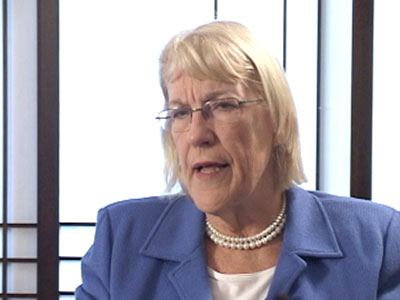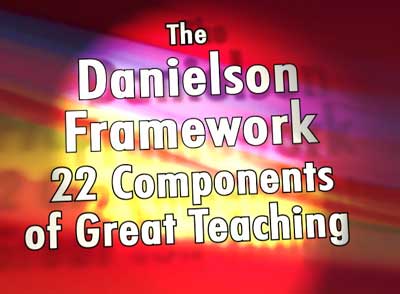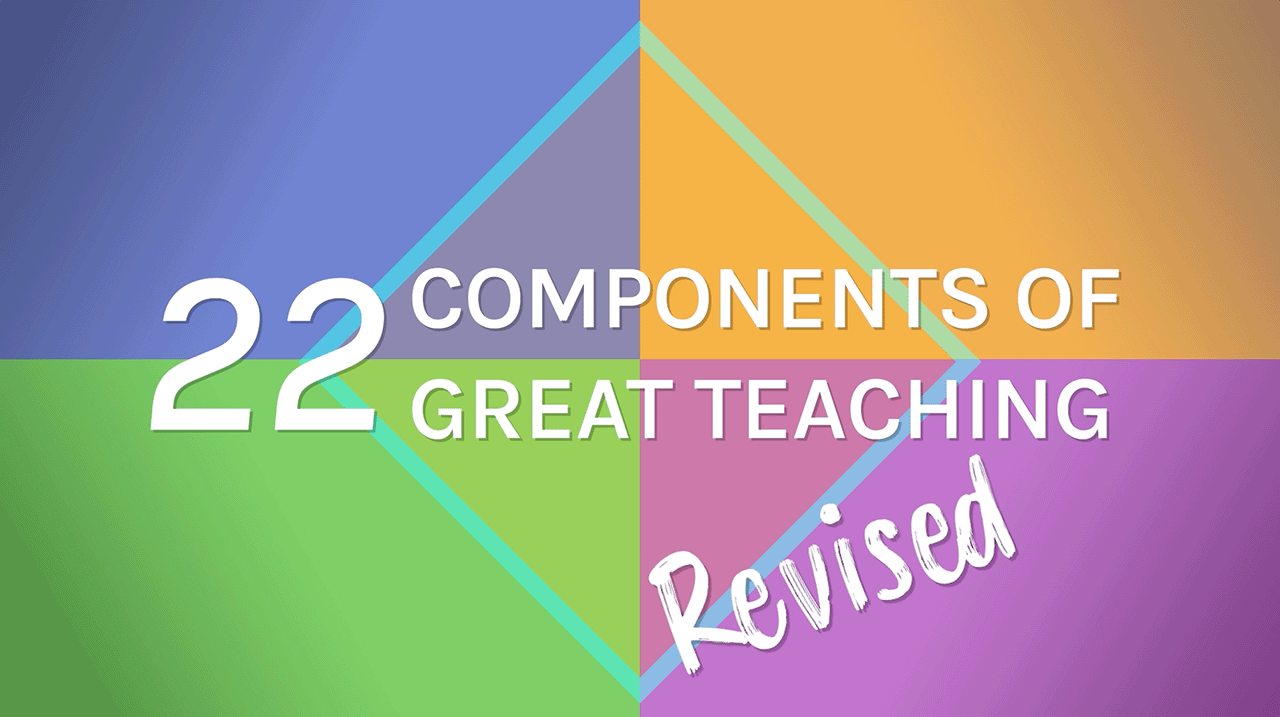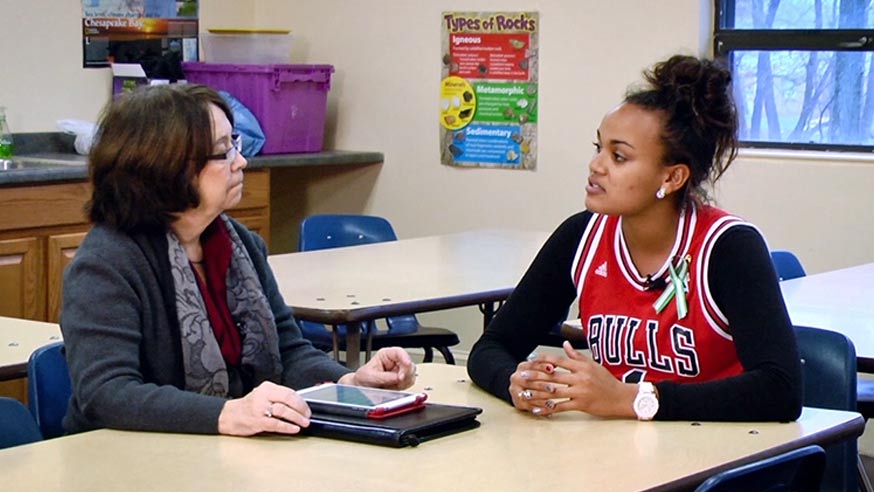1A: Demonstrating Knowledge of Content and Pedagogy
Many teacher evaluation frameworks assess it but what does “knowledge of content and pedagogy” really mean? See more...
Course length 3 hours
Choose one course to complete to ensure you have a solid understanding of the Danielson Framework for Teaching.

Course Length: 8.5 hours
Having a common definition of "good teaching" is imperative if we are to truly understand how to make teaching better. Teacher evaluation expert, Charlotte Danielson, has designed a framework for teaching that is widely used across North America. Her framework provides a common language to describe good teaching and a process for enhancing professional practice that is consistent and transparent. This comprehensive course provides an introduction to each component through the use of online video, classroom examples, scenarios, journal activities and multiple choice assessments for every domain.. Designed and hosted by Charlotte Danielson herself, this course is best suited for someone who is new to the Framework for Teaching.

Course Length: 3 hours
If you just need a quick refresher of the 22 components and want to learn directly from teacher evaluation expert, Charlotte Danielson, this course is for you. Through detailed commentary from Charlotte, you will gain a thorough understanding of Domain 1: Planning and Preparation, Domain 2: Classroom Environment, Domain 3: Instruction and Domain 4: Professional Responsibilities. Learn how the components are intertwined and observable in the classroom by hearing how Charlotte explains them and answering a summative multiple choice assessment at the end.

Course Length: 4 hours
With a new focus on themes for the whole child, cultural competence and student ownership, the Framework for Teaching (FfT) was updated in 2022. The FfT uses new terminology throughout each domain, component and element. In this course, you will learn the new naming conventions and gain practical insights into each and every domain through expert analysis and classroom videos. Learn what changed in an easy to follow comparison between the 2011 and 2022 versions of the FfT.
Differentiated professional learning respects teacher voice and choice. Based on needs and interests, teachers can choose which component(s) to focus on for their own growth plan. These courses are designed to build skills in one component at a time. Hear Charlotte explain the component and analyze classroom videos of real teachers while observing elements and critical attributes. Learn new strategies for improving classroom implementation of each one through videos, articles, reflective writing and discussion boards.

Many teacher evaluation frameworks assess it but what does “knowledge of content and pedagogy” really mean? See more...
Course length 3 hours

Your students are unique in their interests, needs, skills and learning styles. See more...
Course length 6 hours

We teach because we want to cause learning. See more...
Course length 7 hours

What does it take to demonstrate knowledge of resources? See more...
Course length 3 hours

This course will provide learners with research based instructional planning techniques based on the findings of such leading researchers as Charlotte Danielson, Bob Marzano and Jay McTighe. See more...
Course length 7 hours

Assessment design requires master teachers to consider the various ways to use assessment; assessment for learning, assessment as learning and assessment of learning. See more...
Course length 4.5 hours

LEVELS: Elementay ‐ Middle ‐ Secondary
This course will establish a foundation for creating a classroom of mutual respect, care, and trust between students and teachers. See more...
Course length 4.5 hours

In this course, you will learn what it means to have a student centered learning environment. See more...
Course length 7 hours

Have you ever done the math to calculate how many hours in the day your students spend actively engaged in learning? See more...
Course length 6.5 hours

There is a direct correlation between student behavior and achievement. See more...
Course length 5.5 hours

LEVELS: Elementay ‐ Middle ‐ Secondary
Research on the physical classroom environment has shown that the choices you make regarding arrangement can affect the behavior of both students and teachers and that a well-structured classroom tends to improve student academic and behavioral outcomes. See more...
Course length 4 hours

Often when students recall some of their favorite teachers, they give examples how a teacher was brilliant in explaining content and how expectations for learning and tasks were always very clear. See more...
Course length 4.5 hours

Learning theories remind us that the person who is doing the thinking is the person doing the learning. See more...
Course length 7.5 hours

Student engagement is not the same as student participation! See more...
Course length 5 hours

Learn the difference between "assessment for learning" and “assessment of learning”. See more...
Course length 6 hours

A master teacher demonstrates flexibility in her instruction, can make changes on the fly and is responsive to the diverse needs of learners. See more...
Course length 8.5 hours

Teachers face a myriad of daily choices and decisions that need to be made in the midst of a lesson, student discussion or intervention. See more...
Course length 2.5 hours

Using data is no longer an option for teachers and administrators. See more...
Course length 5.5 hours

Effective parent-teacher communication builds working relationships that can support strong home-school collaboration and improved educational outcomes. See more...
Course length 4.5 hours

This course is designed to support your growth as a teacher leader in your school. See more...
Course length 5 hours

Becoming a great teacher requires a constant pursuit of excellence. See more...
Course length 4.5 hours

Every teacher evaluation system includes at least one component about professionalism. See more...
Course length 5 hours

Course Length: 15 hours
For administrators who will be using the Danielson Framework for classroom observation and feedback, this course is an essential. See more...